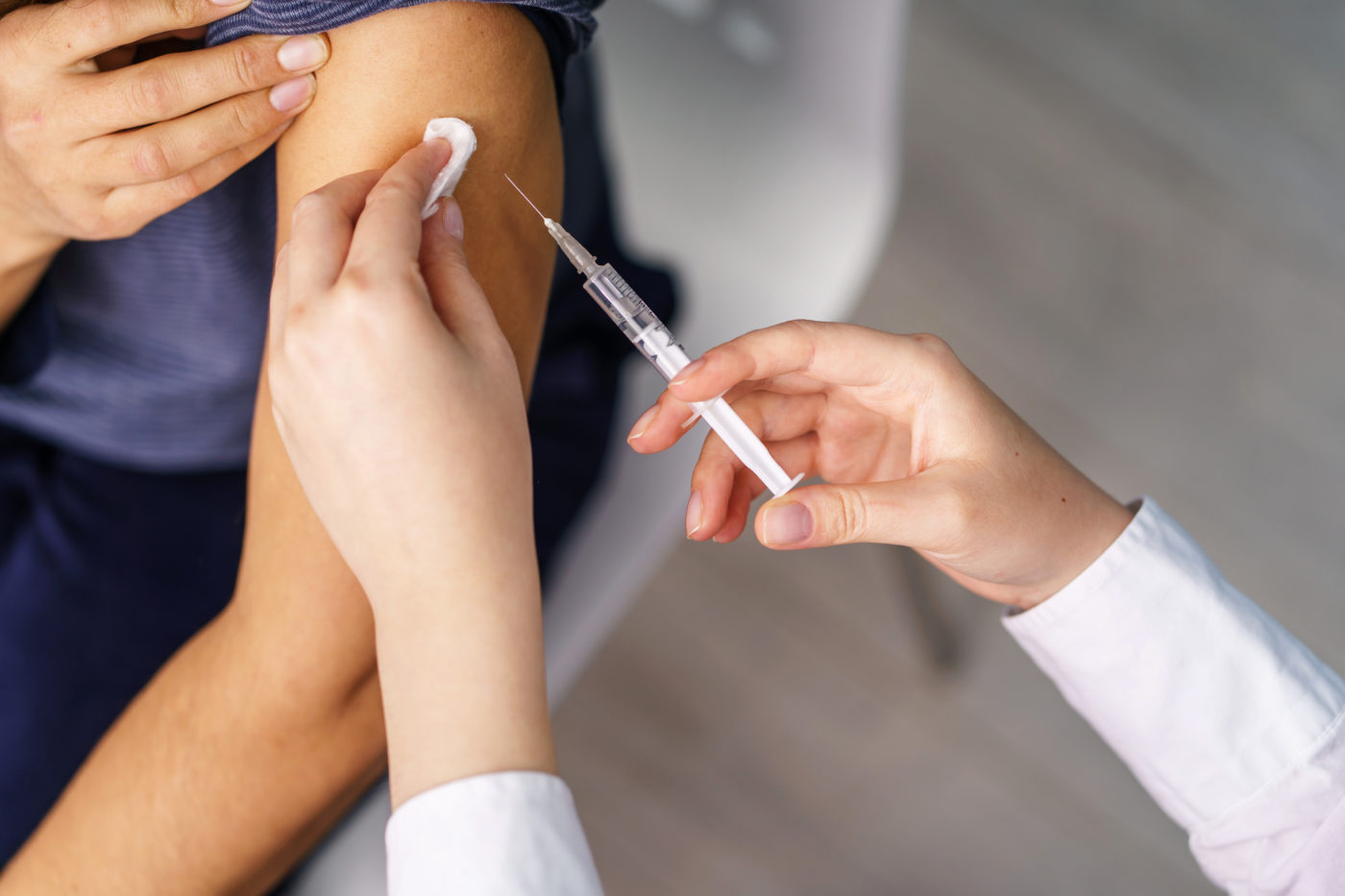Since the American Cancer Society started to gather smoking statistics in 1959, it has never been at a higher percentage than 43%. This statistic does not account for all of the people who attempt to give up. As many as ninety percent of people who try to quit fail within six months. Those who are unable to quit smoking often turn to different medications with varying success. Here are the top medically-approved ways to easily quit smoking.
Nicotine Replacement Therapy
Nicotine replacement therapy is a good way to quit smoking. It can help ease the cravings for nicotine, which makes it easier to slow down your body’s physical dependence on this drug. Studies show nicotine replacement therapy doubles the chances of quitting successfully. It is one of the most effective ways to quit smoking, which is why many doctors recommend it as a first-line treatment for smoking cessation. Many different forms of NRT can help ease the physical cravings cigarettes create, which makes it easier to quit the habit gradually over time.
One of the more popular products that provide a form of NRT is the nicotine patch. The application process typically involves wearing a specialized adhesive patch on your skin for at least 16 hours each day. The patch releases a steady, measured dose of nicotine into your body through your skin. Another popular form of NRT is nicotine gum, which you chew instead of smoking a cigarette. Nicotine gum contains nicotine that is absorbed by the lining in your mouth and provides a similar effect to cigarettes. This product comes in 2-mg and 4-mg. strengths, which you use based on your smoking habits.
Nicotine lozenges are another popular product that you dissolve in your mouth for the release of nicotine into your body. Like the gum, this also comes in two different strengths: 2 mg and 4 mg. The over-The-counter nasal spray is another form of NRT. The nasal spray has a quick-acting effect for times when you need to quell the craving immediately, such as during an unexpected urge or stressful situation. Oral inhalers are also available over-the-counter. These products act similarly to nicotine gum and lozenges with fast-acting nicotine that you simply inhale.
Varenicline Tartrate
It is the first medicine approved by the FDA to help adults quit smoking. With a combination of both nicotinic and muscarinic receptor agonist activity, varenicline tartrate represents a novel treatment approach for smoking cessation. Varenicline tartrate is dosed as 0.5 mg twice daily (bid) for 12 weeks; those who achieve a 4-week smoking cessation rate of greater than or equal to 20% are eligible to continue treatment for another 12 weeks using the same dosing schedule.
Varenicline tartrate has been shown to reduce the severity of nicotine withdrawal, increase rates of smoking abstinence during treatment, and significantly improve several measures of quality of life.
Zyban
Zyban is one of the most popular prescription medications for smoking cessation that is on the market. It is an antidepressant medication that was originally manufactured to treat depression, but it has been found to help people quit smoking as well. Sometimes doctors prescribe Zyban with nicotine replacement therapies like inhalers, patches, or gum.
Most people who try to quit smoking do not succeed until they have had more than one attempt. It is often recommended that smokers try to quit on different occasions using a variety of techniques for quitting, including using nicotine substitute therapy and Zyban. They may be more likely to quit for good if they make repeated attempts using a variety of approaches.
Bupropion SR
Bupropion SR is used to help people stop smoking. It is also approved for use in treating seasonal affective disorder and major depressive disorder. This medication works by affecting the balance of chemicals that occur naturally in the brain. This change can lessen symptoms of depression or reduce cravings caused by nicotine withdrawal.
Bupropion SR is the extended-release formulation of bupropion, which means it can be taken once daily instead of 3 to 4 times per day with immediate-release formulations. The typical dosage for smoking cessation starts at 150mg every morning for 3 to 6 weeks. The total dose should not exceed 450 mg per day.
Bupropion SR may cause side effects such as nausea, dry mouth, insomnia, and headache. The drug should not be used by those who drink alcohol heavily or take other medications to help them quit smoking (such as nicotine substitute therapy).
There are many resources available for smokers who want to quit, including prescription medications and over-the-counter products. Which one is right for you depends on your medical history, smoking habits, and other factors. Your doctor will help you determine which product is best for you.





